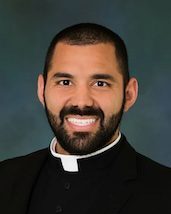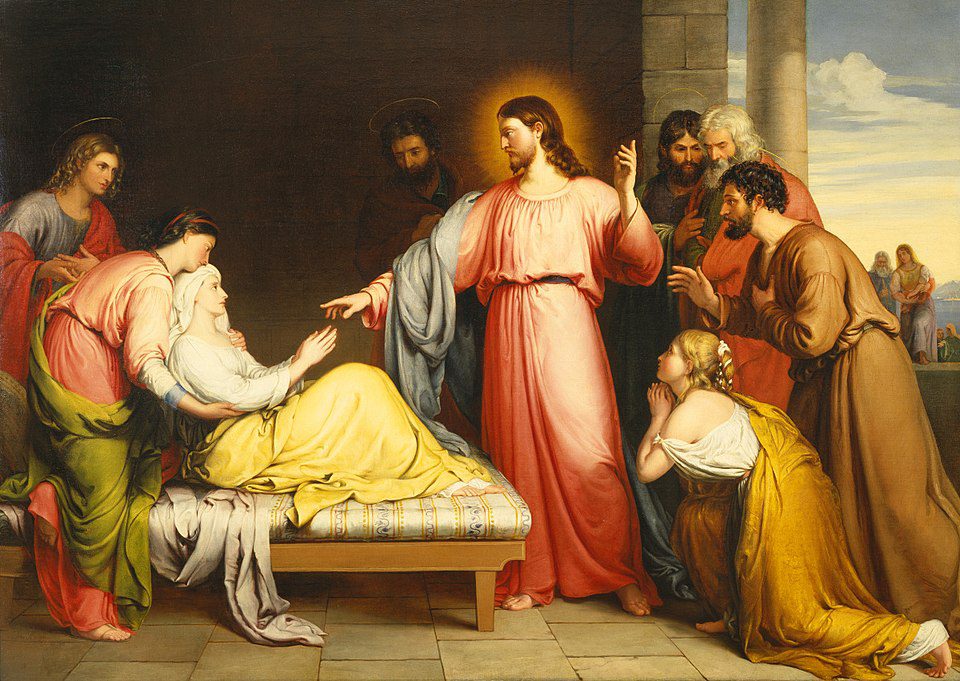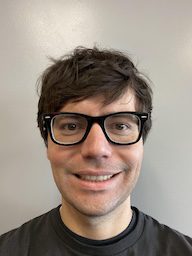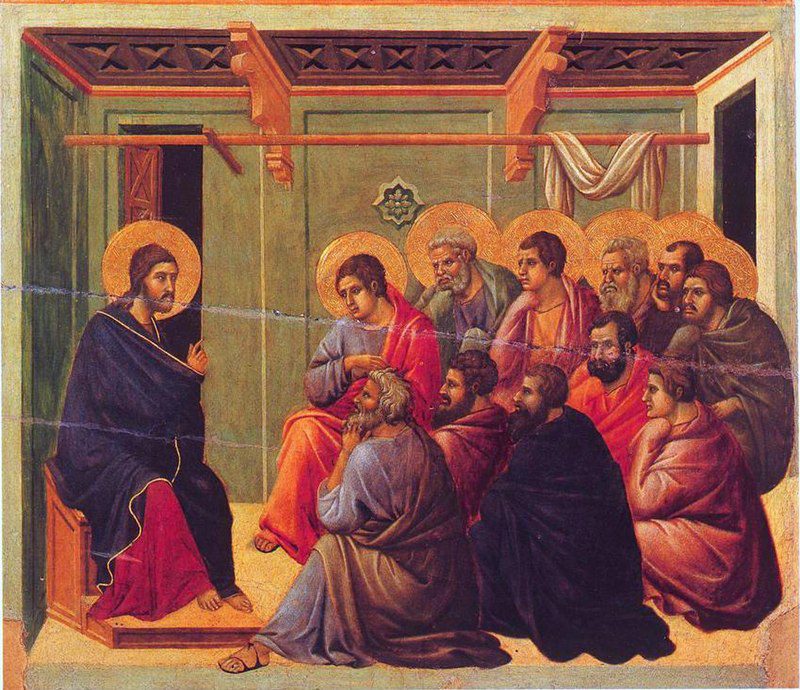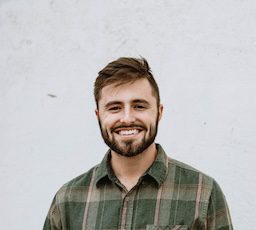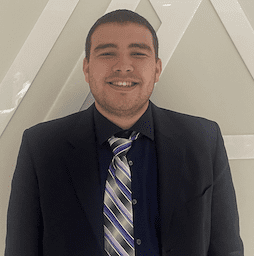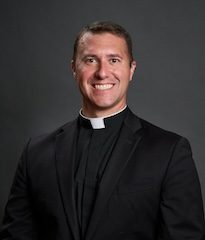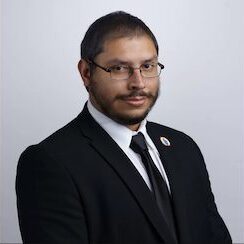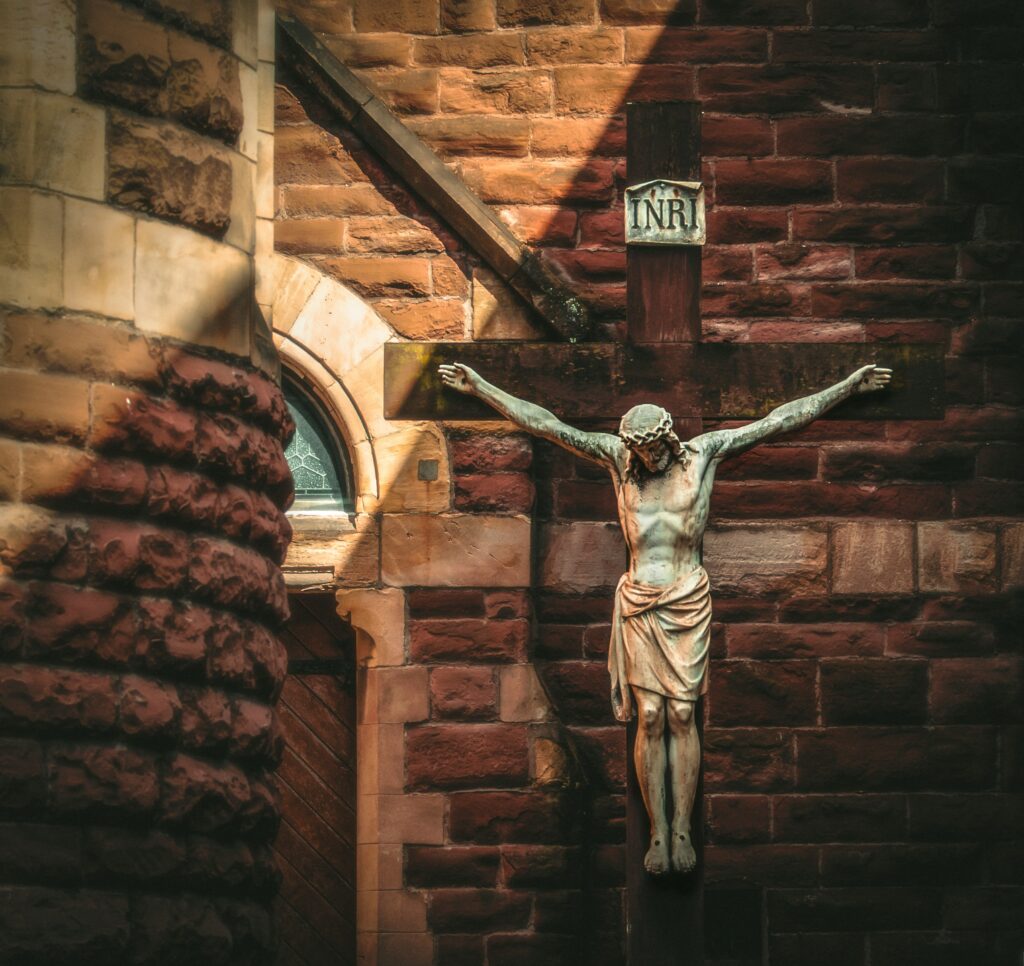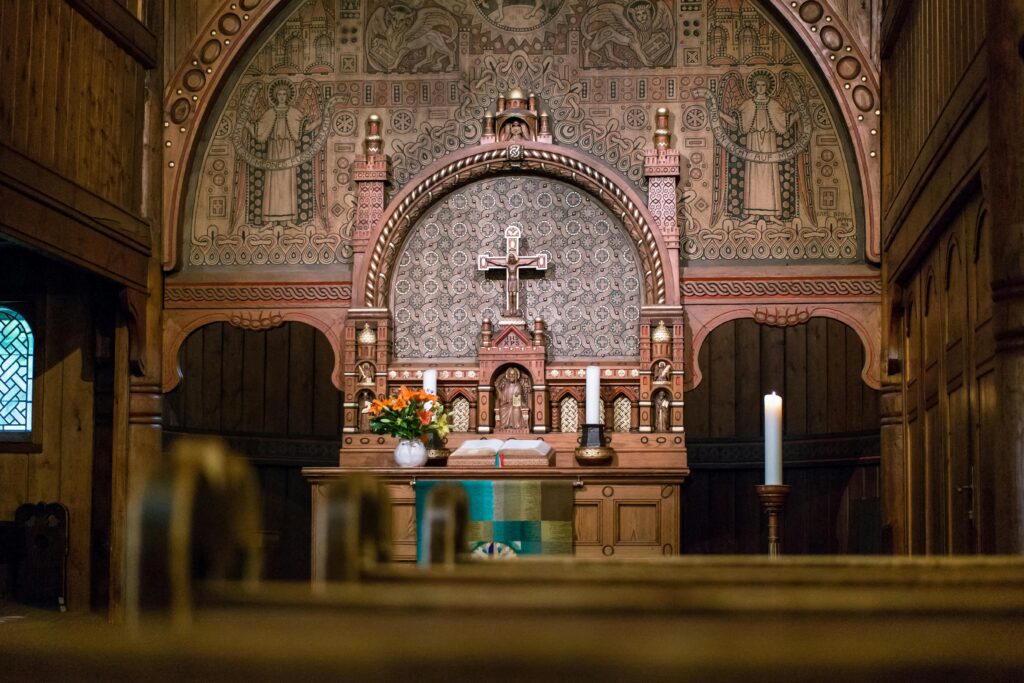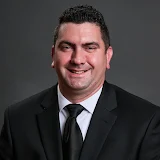1. Prayer
To recognize the voice of the Good Shepherd, we must cultivate a sacramental life—especially through the Eucharist and Reconciliation. The more frequently we receive these sacraments, the better prepared we are to hear Him. Praying with Scripture, particularly through Lectio Divina, is essential. These sacred texts contain the words God has already spoken to us. At times, it may seem as though He is silent, but within the Scriptures, we discover that He has, in fact, spoken volumes. Devotion to the saints, especially to Our Lady, is also invaluable. These are the men and women who truly listened to God’s voice and followed Him with steadfast hearts. Their lives offer guidance, and their intercession strengthens our journey. Most importantly, we must foster personal prayer—speaking to God from the depths of our being and making space to sit quietly in His presence. This practice anchors us, prevents spiritual routine from becoming hollow, and draws us from meditation into the stillness of contemplation.
2. Learning
Just as discerning marriage begins with getting to truly know the other person—their family, background, passions, and character—so too does discerning a vocation to the priesthood or consecrated life. We must immerse ourselves in learning about these callings to discover whether they deeply resonate with our hearts. Fortunately, today there are countless resources: websites, books, podcasts, and YouTube channels dedicated to vocational discernment. Yet, simply consuming information isn’t enough. What we learn should be brought into prayer, where we can carefully listen for the stirrings of the heart. In doing so, we become more attuned to the vocation God may be inviting us to embrace.
3. Take Action
It’s often said that so many young people are discerning their vocation these days that few are actually making a decision! While prayer and study are essential, they must eventually lead to movement. Discernment without action stalls progress. At some point, you need to take a concrete step—however small—in a particular direction to begin to understand where God may be calling you. The key is courageously taking the next step, even if it feels risky. It doesn’t have to be a grand gesture—it can be as straightforward as exploring ministry in your parish, helping out in the community, or signing up for a summer or yearlong mission trip. These kinds of experiences—where you pour yourself out for others—can reveal how God may be inviting you to live a life of dedicated service.


